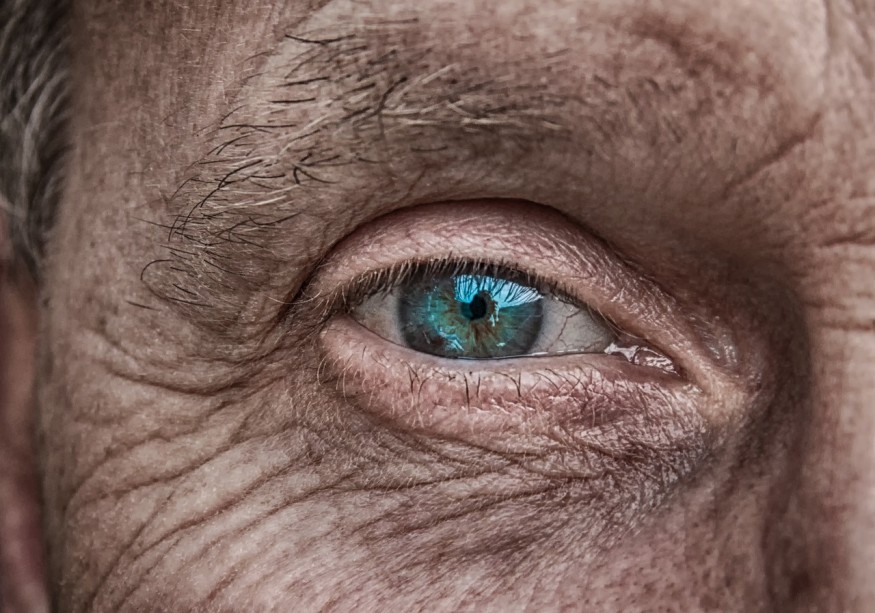
Scientists may soon uncover the secrets of anti-aging, with hopes that anti-aging treatments may be available within the next decade.
Anti-Aging Secrets
The claims are from researchers from the University of Cambridge. They believe that the secrets of anti-aging can be found in whales, elephants, and immortal jellyfish with longer lifespans and cancer-resistance.
The secrets of their longevity appears to lie in their capacity to repair DNA that is damaged.
The scientists are now working on recreating these capacities for them to be transferred to humans. This may allow the rejuvenation of cells to a younger and more functional state in order to delay the surfacing of conditions related to aging.
The human body builds up DNA due to exposure to routinary damage of life. This includes UV rays, industrial exhaust, automotive pollutants, and even food that is charred. The repairs of DNA prevent gene mutation accumulation that typically lead to illness and disease during old age.
Delphine Larrieu explains that this is quite an exciting time for aging research, expressing thoughts regarding how anti-aging treatments could be available in the coming decade.
ALSO READ : Give Your Skin the Extra Care It Deserves Using The Best Anti-Aging Moisturizing Cream of 2020
Elephants and Whales
A place where researchers are looking for anti-aging strategies is among the largest mammals, including whales and elephants. Both elephants and whales have distinct genes linked to cancer-resistance and DNA damage repair.
While humans also possess the gene, known as p53, the copies in humans are far fewer. Humans only have two copies, while elephants have 20.
Scientists think that this is why their projected cancer rate is 4.8% even if they are huge creatures. Among humans, the rate is 11% to 25%.
As for whales, they have 2.4 times more genes for suppressing tumors. According to Cagan, if the cancer-risk-per-cell of whales was the same as humans, they would be unable to reach a year old. With this, it is possible that whales have better cancer-resistance mechanisms compared to humans. It is also possible that whatever aging-resistant things that they do could make them less prone to getting cancer.
If DNA mutations lead to both cancer and aging, then lowering down the mutation rate by pushing for more accurate DNA damaging responses could lead to the potential solution of both issues at the same time. The answer cannot be found in the genes for suppressing tumors but in the direct DNA damage repair among bowhead whales. Rather than killing cancer cells, this whale makes proteins that repair DNA strand breaks.
Immortal Jellyfish
Aside from these species, the "immortal jellyfish" has also been seen to possibly slow down the whole process of aging. This creature activates this capacity in order to avoid their predators. This allows them to revert into a cyst. It then forms to be a polyp linked to the seafloor.
When the threat is no longer present, it starts back on the path towards maturity. Due to this, the jellyfish is capable of repairing genetic damage and going back to earlier developmental stages. Even after it achieves sexual maturity, the jellyfish can go back to being a larva.
Researchers who looked into its genome discovered that the jellyfish is quite different from other jellyfish species. It is the only that is able to keep its high rejuvenation potential of up to 100% in post reproductive phases.
RELATED ARTICLE : Anti-Aging Drug May Increase Lifespan of Large-Breed Dogs; Biotech Company Moves Closer to Gaining FDA Approval
Check out more news and information on Medicine & Health in Science Times.
© 2026 ScienceTimes.com All rights reserved. Do not reproduce without permission. The window to the world of Science Times.












